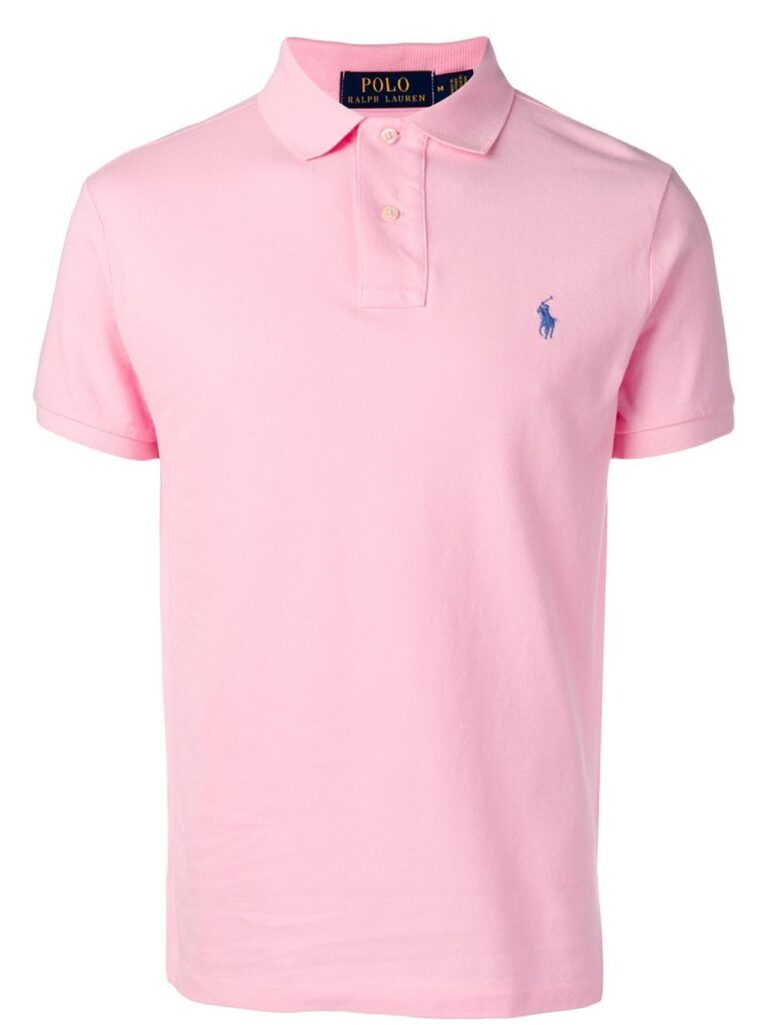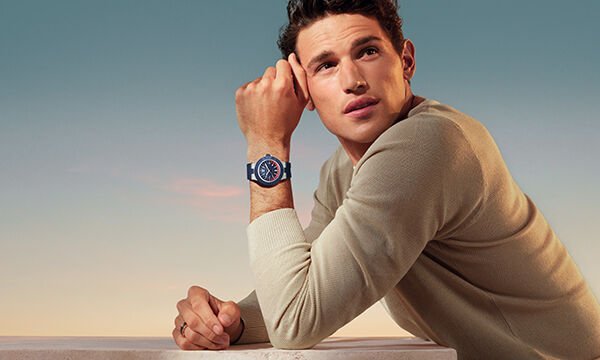Why We Root for Underdogs: What It Reveals About Us
The rise of the underdog is woven through history’s most compelling narratives. We love stories where the weak beat the strong. From Cinderella and Rocky Balboa to Erin Brockovich, we can’t resist them. It’s a 22Bet we love to make, even with slim odds.
This is clear in sports. The film Cool Runnings is about the legendary Jamaican bobsled team. It even extends to politics. An underdog status can sway voters. Donald Trump had never held office. He framed himself as the underdog in the 2016 U.S. presidential election. Kamala Harris uses a narrative like that of the 2024 Democratic nominee.
Psychological studies on underdogs are limited. They explain why we root for the underdogs and how it affects our choices.
Lovable Losers
At first, the “underdog effect” seems to clash with our love of status. Social identity theory says we get our self-esteem from our group, and its success affects it. We often see our idols’ defeat as a personal failure, which makes us less confident in our abilities. That’s painful—as any fan of the English football team can testify.
Why would we risk disappointment by backing the “back runner”? He’s unlikely to succeed. We should align with the likely winners of any event. Then, we can bask in their glory.
Some of the first answers come from a study by Joseph Vandello at the University of South Florida. It’s a fascinating study. They first examined US students’ reactions to the 2004 Olympics. This was to test if the underdog effect was real. Before the games, the organizers gave the participants a list. It showed the all-time medal totals for five countries: Sweden (469), Bulgaria (195), Belgium (140), Mexico (40), and Slovenia (6).
Next, they were asked to imagine two countries in an upcoming swimming event. They had to rate their desire to see each country win on a scale of one (definitely not) to nine (definitely). The US students preferred the country that had won fewer medals, no matter which pair they considered. Given Sweden vs. Belgium, they favored Belgium. But in a match of Belgium vs. Slovenia, they favored Slovenia. Overall, 75% preferred the team with the fewer medals.
Vandellos team explored what could make people like underdogs more or less. In one experiment, participants read about two European basketball teams: CSKA Moscow and Maccabi Tel Aviv. The description painted one team as an underdog with a poor record. The other was a top dog with a stellar performance. They then watched a clip from a real game. After that, they answered a questionnaire about their judgments of the team’s play.
The Psychology Behind Underdog Sympathy: Effort, Injustice, and Genuine Weakness
The researchers altered the teams’ presentation in the text. This was to prevent biases from affecting the results. Half the participants believed that CSKA Moscow was at a disadvantage. The rest were told that Maccabi Tel Aviv entered the game on the back foot. In each case, the participants ascribed significantly more effort to the underdog. We assume, rightly or wrongly, that underdogs will try hard to win, which makes them likable.
Vandello’s fourth and final experiment showed that the appeal of the underdog lives or dies on perceptions of injustice. When asked to choose between two sports teams, the participants preferred the worst team. It had the worst record. Yet, this effect shrank if they learned the team was rich. Then, the series of previous failures barely attracted any sympathy.
The underdog’s plight must come from a position of genuine weakness. “Disadvantage stirs a sense of injustice in most people,” Vandellos team noted in its paper. “They wish to see it fixed.”
Cold-hearted Kids
Young children do not have these concerns. “Young children tend to side with the stronger party. “It’s to protect their interests,” says François Quesque. He is a researcher at the Lyon Neuroscience Research Center in France. “Only by learning moral values do they want to create justice or equality among people.”
In a 2021 research paper, Quesque examined adult perceptions of underdogs’ emotions. His team showed participants some comic strips and video clips. They were two people interacting. For example, one comic strip showed a powerful character. They ordered another character to bring a drink, a book, and their reading glasses. Afterward, they were asked, “According to you, at this precise moment, what does this person feel?”
The question was ambiguous on purpose. It could refer to either character. The participants were likelier to trust the server than the one giving orders. “The majority don’t even consider the dominant person’s emotions,” says Quesque.
His team’s work supports the injustice hypothesis. They found that this bias depends on the first character’s behavior. The more unreasonable it, the stronger the bias. But other factors may also be at play. “High-power individuals may be seen as colder than low-power ones,” Quesque adds. He suggests that people expect less emotion from the powerful. So, we may think less about their feelings.
Tall Tales
Given this bias, it’s no surprise that underdog stories are so popular.
“There’s a romance in a team beating the odds,” says Robert Lount, a management professor at Ohio State. “It leads to an unexpected outcome.” He thinks we often find personal inspiration in these stories. They show that “anything is possible” with hard work and determination.”
Lount has worked with Nathan Pettit at NYU and Sarah Doyle at Arizona. They studied how competitors respond to being underdogs or favorites. “Our findings showed underdogs enter competitions wanting to win. This is a ‘promotion’ mindset,” he says. “Yet, favorites aimed to avoid losing in competitions. This is a ‘prevention’ mindset, focusing on avoiding a bad outcome.”
He says these mindsets can shape how people respond to encouragement. To motivate an underdog, focus on the prize’s glory. To motivate the favorite, remind them of what they might lose.
Real-life consequences
Of course, most of us are mere spectators. Quisque suspects our empathy for the underdog might bias us. It could shape our views on justice, politics, conflict resolution, and sports.”
“This effect is powerful. It is seen in almost everyone, regardless of gender or self-reported dominance.”
One might be the underdog against a privileged opponent to be more popular. In politics, being called an underdog can make a candidate more likable.







